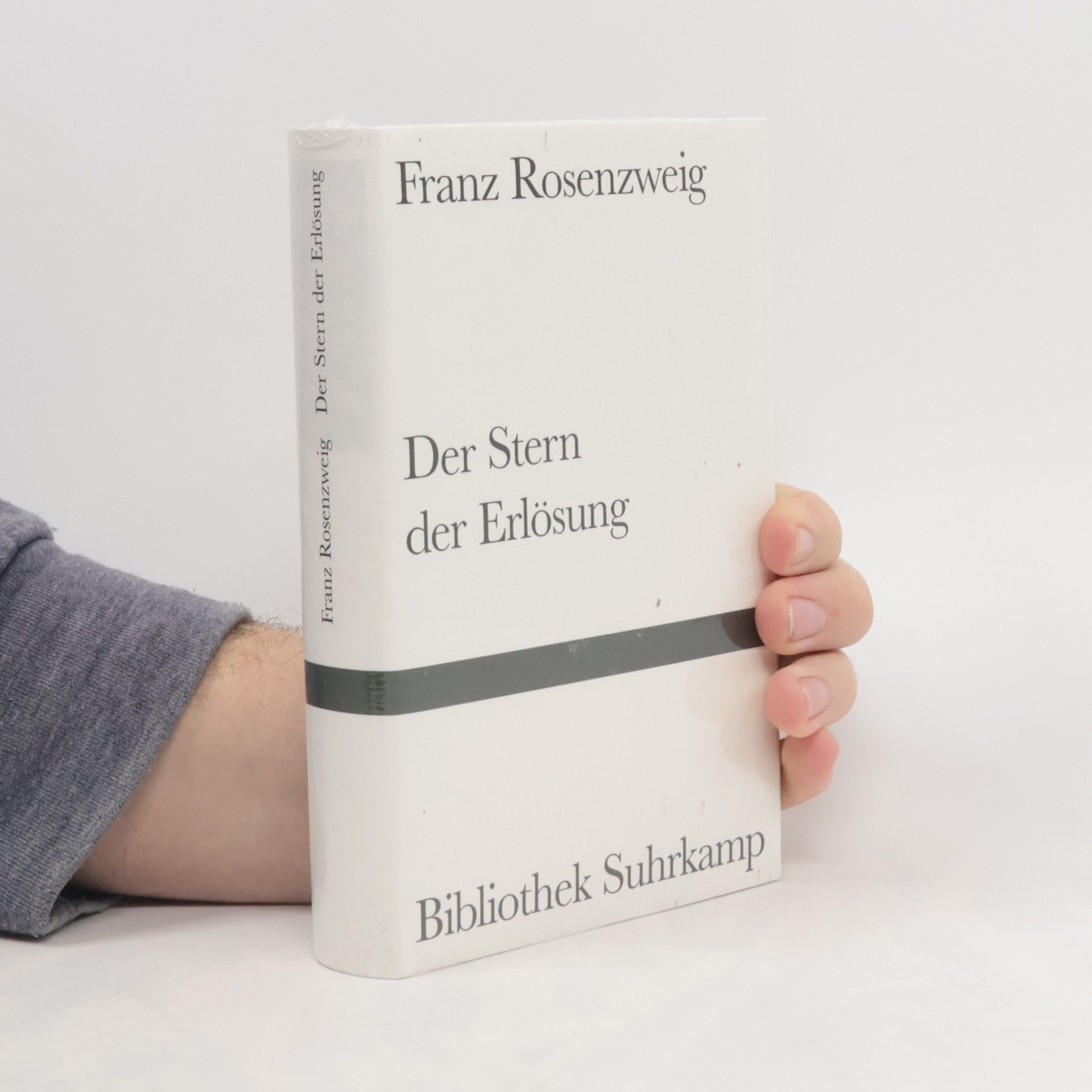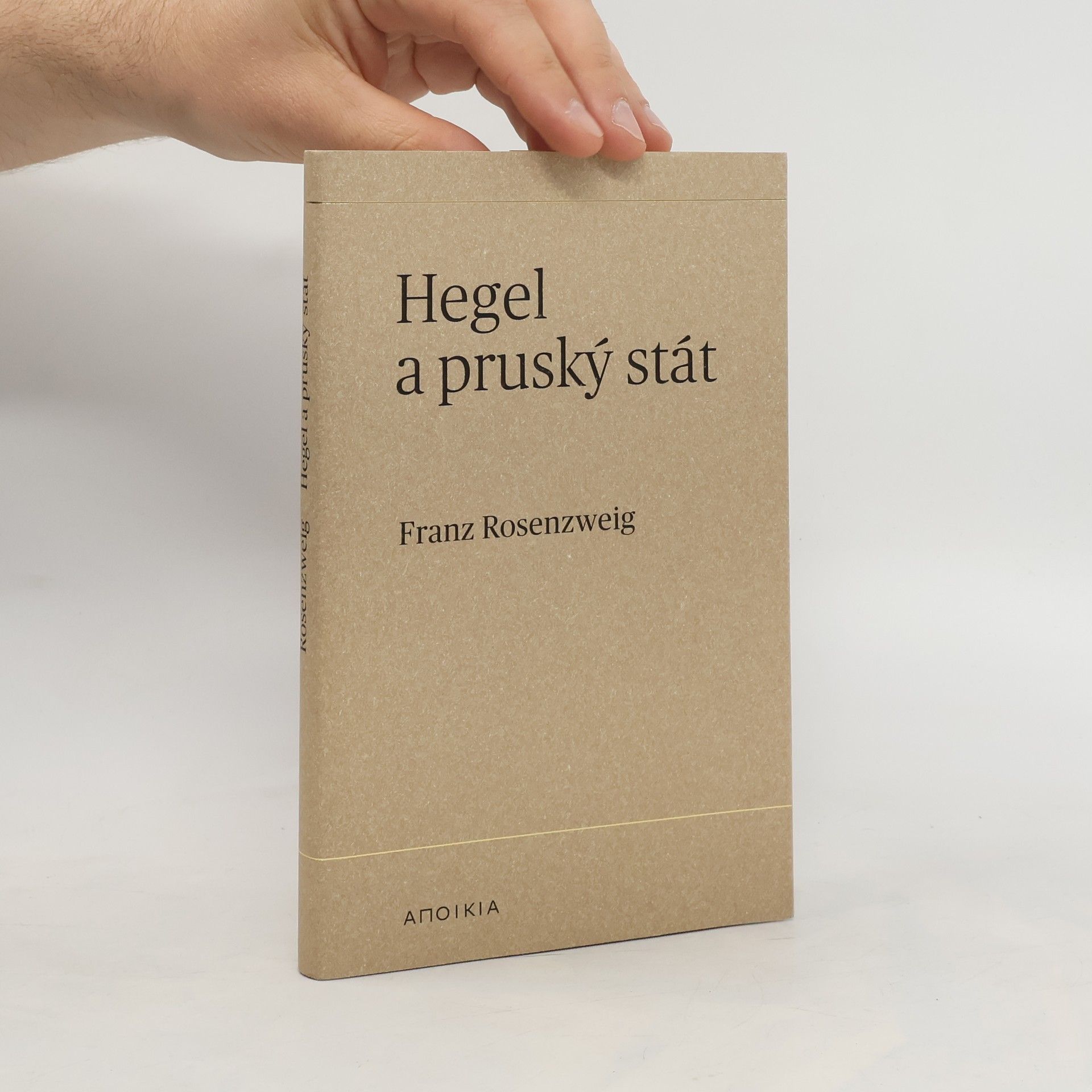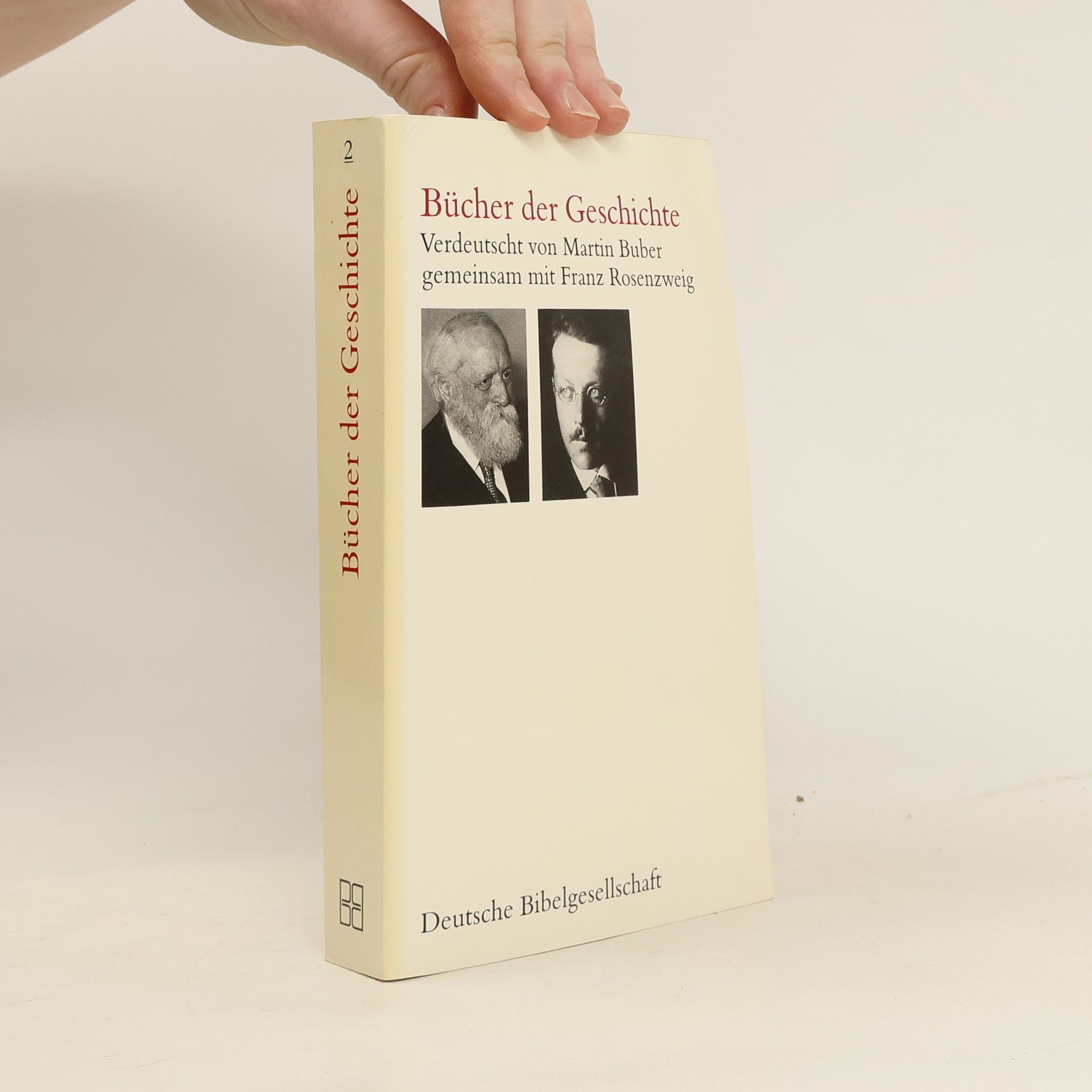Il grido
- 220pagine
- 8 ore di lettura
Il percorso di Franz Rosenzweig, specchio di quello di altre figure di spicco, implicò un profondo ritorno al nucleo della vita ebraica da uno sfondo assimilato. Dopo gli studi iniziali in medicina, il suo interesse si spostò verso la filosofia, culminando in un significativo lavoro accademico. Una fondamentale epifania religiosa lo riportò all'ebraismo, un cammino che consolidò durante le esperienze belliche, durante le quali compose la sua opera seminale. Rosenzweig arrivò a fondare un vitale centro per l'educazione ebraica per adulti, plasmando significativamente una cultura ebraica moderna e distintiva, pur mantenendo un profondo legame con il suo ambiente tedesco.






Jedná se o komentář autora ke své filosofii, kterou presentoval v rozsáhlém díle Hvězda vykoupení.
Podrobný a interpretačně svébytný rozbor vztahu Hegela a pruského státu, který předložil teprve šestadvacetiletý komentátor, ohromí nejen znalostí Hegelova díla, ale i hloubkou autorových historických, právních a politických znalostí. Rosenzweig vkládá Hegelovy Základy filosofie práva do klasické tradice politického myšlení, od Platóna a Aristotela po Locka, Rousseaua, Smithe a Hegelovy předchůdce i následovníky, včetně Marxe. Pojmy zákona, občanské společnosti a rozumné skutečnosti jsou v jeho shrnutí podány s detailním a provázaným výkladem. Rosenzweig ukazuje, co pro Hegelovu filosofii znamená být „svou dobou, uchopenou v myšlenkách“, a vyvrací mnohá tradovaná klišé. Představuje Hegelovu ukotvenost v historickém kontextu a zároveň jeho aktuálnost, přičemž Hegel zůstává významným zdrojem realistického a komplexního pojetí politické svobody. Franz Rosenzweig, významný židovský myslitel 20. století, se po náboženském obratu a otřesu první světové války de facto vzdal své hegelovské disertace, avšak její životnost dokládají překlady a nové německé vydání. České vydání se zaměřuje na klíčovou část věnovanou Základům filosofie práva a Hegelovu vztahu k Prusku.
Die Neuausgabe der Tora, übersetzt von Martin Buber und Franz Rosenzweig, fängt den einzigartigen Charakter der hebräischen Bibel in deutscher Sprache ein. Sie bietet poetische Tiefe und fungiert zugleich als Kommentar. Die Ausgabe enthält Bilder von Marc Chagall und eine CD mit einer Lesung von Buber aus dem Jahr 1958.
Der Stern der Erlösung ist das Hauptwerk des Philosophen Franz Rosenzweig (1886-1929). »Der im genausten Sinne mystische Versuch, das Unkonstruierbare, den Stern der Erlösung, zu konstruieren... wird seinen dauernden Gehalt erst einem Geschlecht erschließen, das nicht mehr auf so unmittelbar gegenwärtige Weise von seinen aktuellsten Motiven sich angesprochen fühlen wird wie jene Generation, die bei seinem Erscheinen soeben den ersten Weltkrieg hinter sich hatte. Erst wenn die zauberische Schönheit seiner Sprache verschlissen sein und die Figur des Märtyrers, die für uns Zeitgenossen von ihm unablösbar ist, auf ihre eigene Aura sich zurückgezogen haben wird, kann dieses Zeugnis von Gott in seiner unverstellten Absicht sich behaupten.« Gershom Scholem
Bücher zählen bis heute zu den wichtigsten kulturellen Errungenschaften der Menschheit. Ihre Erfindung war mit der Einführung des Buchdrucks ähnlich bedeutsam wie des Internets: Erstmals wurde eine massenweise Weitergabe von Informationen möglich. Bildung, Wissenschaft, Forschung, aber auch die Unterhaltung wurde auf neuartige, technisch wie inhaltlich revolutionäre Basis gestellt. Bücher verändern die Gesellschaft bei heute. Die technischen Möglichkeiten des Massen-Buchdrucks führten zu einem radikalen Zuwachs an Titeln im 18. Und 19 Jahrhundert. Dennoch waren die Rahmenbedingungen immer noch ganz andere als heute: Wer damals ein Buch schrieb, verfasste oftmals ein Lebenswerk. Dies spiegelt sich in der hohen Qualität alter Bücher wider. Leider altern Bücher. Papier ist nicht für die Ewigkeit gemacht. Daher haben wir es uns zur Aufgabe gemacht, das zu Buch gebrachte Wissen der Menschheit zu konservieren und alte Bücher in möglichst hoher Qualität zu niedrigen Preisen verfügbar zu machen.
Verdeutscht von Martin Buber gemeinsam mit Franz Rosenzweig